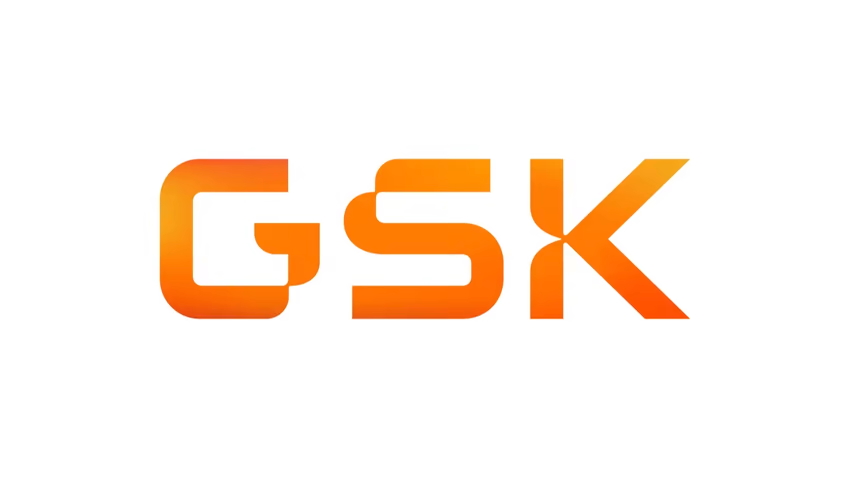GSK pledges £1bn drive for infectious disease R&D

GSK will invest around £1 billion ($1.2 billion) over a 10-year period to speed up R&D on infectious diseases that mainly impact lower-income countries.
The initiative will focus on vaccines and medicines for diseases like malaria, tuberculosis, HIV and neglected tropical diseases (NTDs), which according to the drugmaker account for 60% of the disease burden in poorer regions of the world, as well as antimicrobial resistance.
GSK also said it will form a global health unit to focus on these diseases, which have largely been neglected by the pharma industry because they are not generally profitable, with the objective of advancing both in-house programmes as well as forging alliances with external partners.
The drugmaker is already very active in this area, as witnessed by its investment in malaria vaccine RTSS, which was cleared by the World Health Organization (WHO) for use in children living in sub-Saharan Africa and other regions with moderate to high malaria transmission last year.
It also developed the first single-dose drug therapy that can be used to eradicate malaria caused by Plasmodium vivax – tafenoquine – and is working on an improved TB vaccine which has been licensed to the Bill & Melinda Gates Foundation.
The new unit will operate on a non-profit basis, said GSK in a statement. It will deal with a pipeline of 30 potential new drugs and vaccines across 13 infectious diseases, including long-acting injectables to protect against Plasmodium falciparum malaria and vaccines for salmonellosis and shigellosis, which could help to reduce antibiotics use.
It will be led by Thomas Breuer, GSK's chief global health officer, who said: "we must work collectively with urgency to bring these potentially life-saving innovations to people that need them."
GSK is doubling production of its AS01 adjuvant – used to boost the immune response to vaccines – for use in the malaria shot as it anticipates rising demand, and will work through its majority-owned ViiV Healthcare unit to end HIV/AIDS.
It has also reaffirmed a commitment to donate supplies of albendazole "until lymphatic filariasis and soil-transmitted helminthiasis morbidity are eliminated as public health problems everywhere."
Novartis promises $250m
The announcement of GSK's fresh commitment in this area was made at the Kigali Summit on Malaria and NTDs in Rwanda, which brought together world leaders and culminated with a call to action to end malaria and NTDs.
https://twitter.com/DrTedros/status/1539999557030780928
During the meeting, Novartis – another drugmaker with a long heritage in tackling neglected infectious diseases – made its own commitment of a $250 million investment over five years.
The Swiss pharma group says it has earmarked $100 million for new treatments for Chagas disease, leishmaniasis, dengue fever and cryptosporidiosis, with $150 million going towards new antimalarial drugs including low-dose formulations for very young infants.
Novartis has been a key player in the development of TB drugs for decades, and in 2020 handed over rights to its pipeline of experimental therapies for the disease to the non-profit Global Alliance for TB Drug Development.











